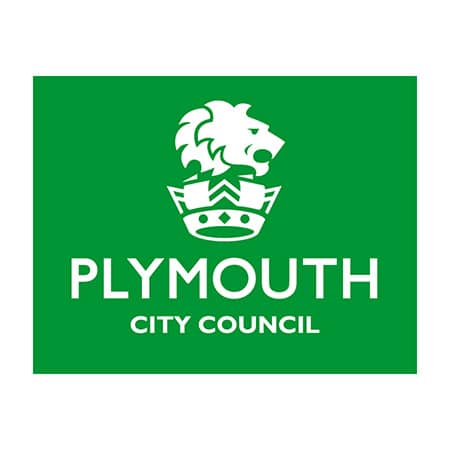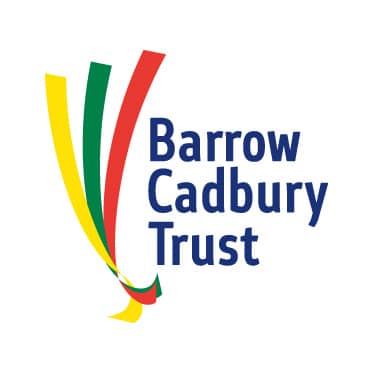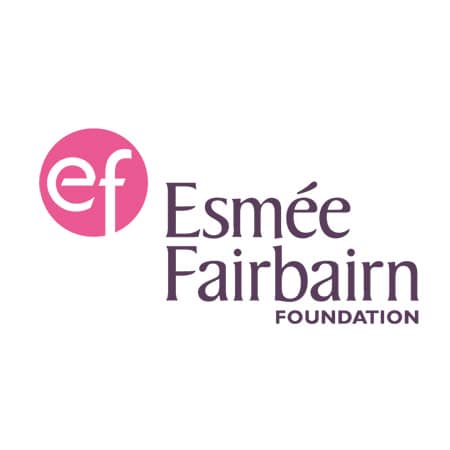The one thing the team want you to know
Being displaced from a motherland or your root of origins creates a huge disorientation in the personality, confidence and sometimes the willingness of moving forward for the individual. Using our lived experience of being displaced and re rooted in Plymouth , we are sharing the knowledge and techniques used to effectively integrate and share our values , it being the food , the story or the planting a seed that reminds you your motherland into the homeland. By planting and growing edible seeds from motherland into the homeland soil. Healing and resilience will grow in the community.
Project description
The project is for a co-design process across generations and cultures working together to drive and create growing spaces for the wellbeing of communities. In particular asylum seekers and refugees have been welcomed to British soil and need to find a sense of belonging and purpose. Meaningful role models and pathways are important for the future livelihoods of present and younger generations. Older generations have cultural wisdom and skills to share. Envisioning future pathways on shared common ground (‘soil’) is a powerful way of shaping the shared future of diverse people and communities. Children need opportunities such as this to validate their creativity, and their ability to contribute to society. Both young and old can find a sense of purpose and belonging together through growing and sharing food, caring for and connecting with the soil and natural environment. But what about the environment and land itself as a collaborative partner? There are important potential growing sites within the Stonehouse area, These plots are bordered by areas housing many asylum seekers and refugees, as well as a primary school with 70% BAME children. Millfield Trust is offering small pockets of land which could house greenhouses, garden spaces next to social housing areas are being offered as potential spaces for growing food. The motherland seed project will assist the Stonehouse residents in skills and knowledge of plants and crops which can be grown in an urban and British environment, to include culturally relevant foods for diverse cultural cuisines and tastes. The project is at its essence aligned with the regenerative processes already taking place within the Stonehouse neighborhood and communities, bringing together people in direct connection with the land and soil, for wellbeing, a sense of belonging and livelihoods.
Funding needed £7300
What group or groups of people will the project be working with and why?
The Bame communities and particularly of those of refugee backgrounds that have settled in Plymouth
What areas will the project be working in?1 neighbourhood
Stonehouse
What is the group or organisations track record? Track record:
Been delivering for many years
How new is the idea? Experimentation:
Established for a year
Budget
Salaries & peoples time 22%
Project costs 28%
Event/hire/rent 25%
IT spend 0%
Core costs 25%
Capital 0%
Organisations involved
DBI, Apricot Farm, Pfan






